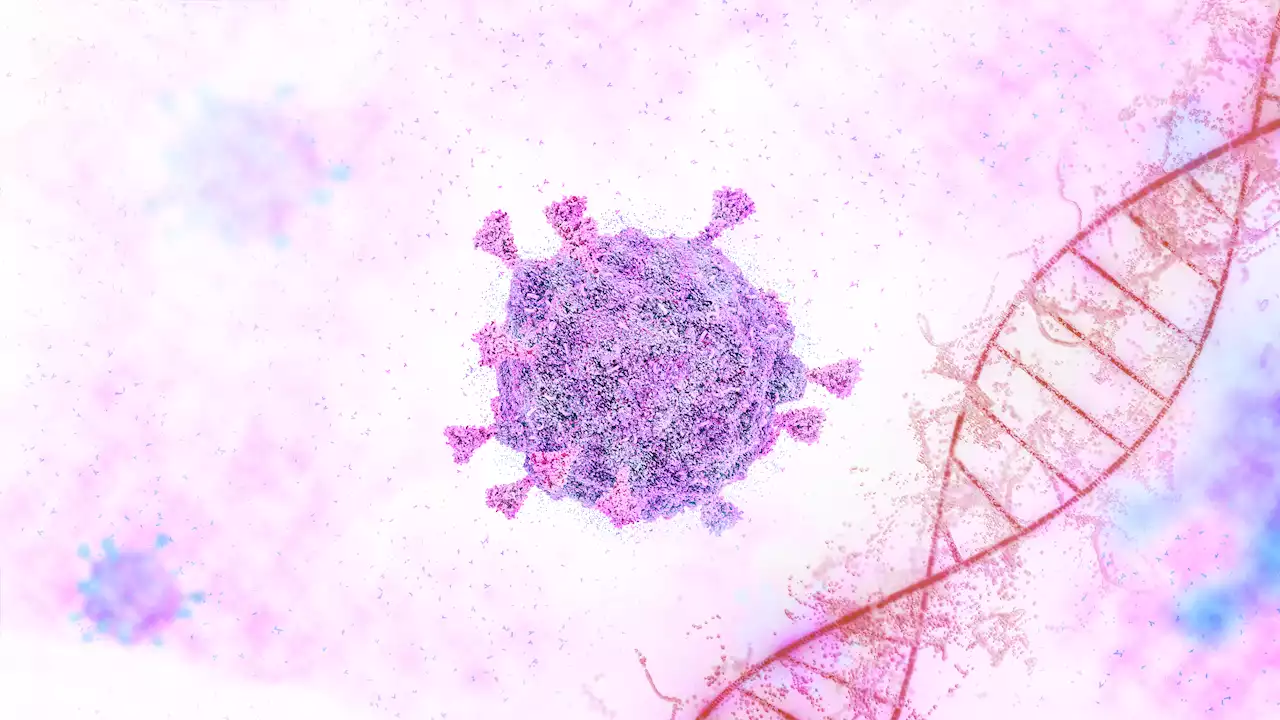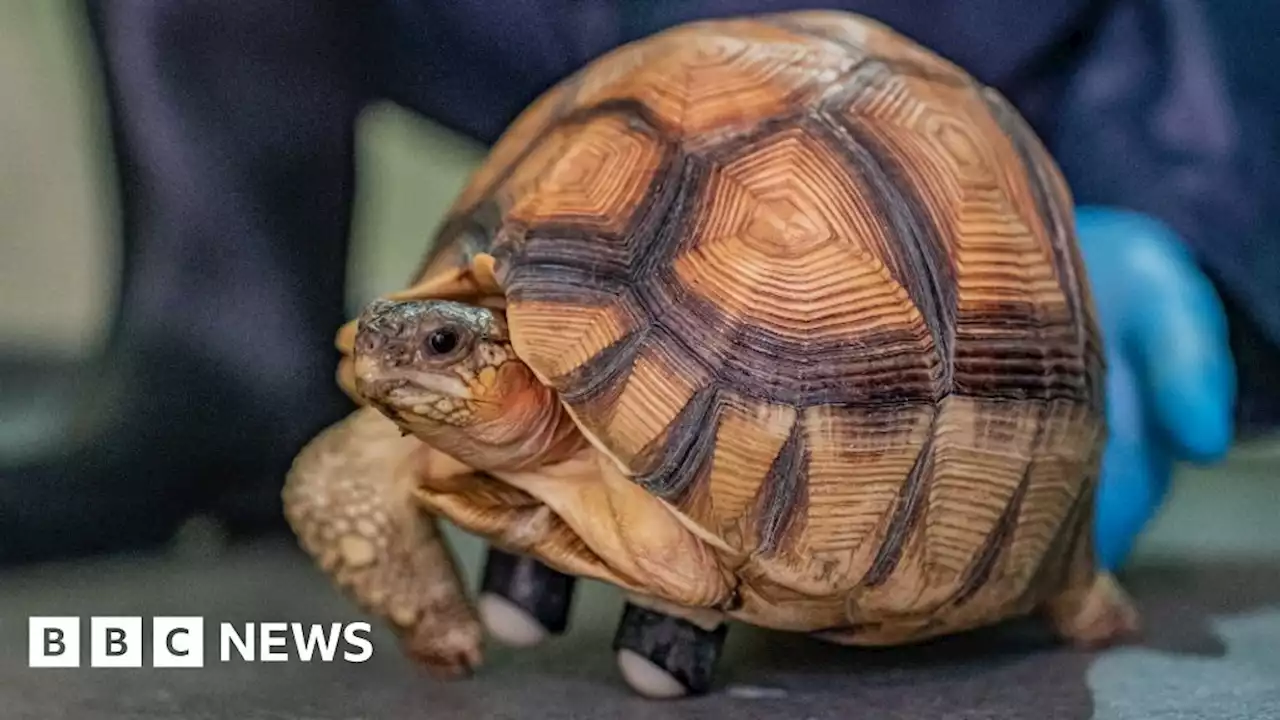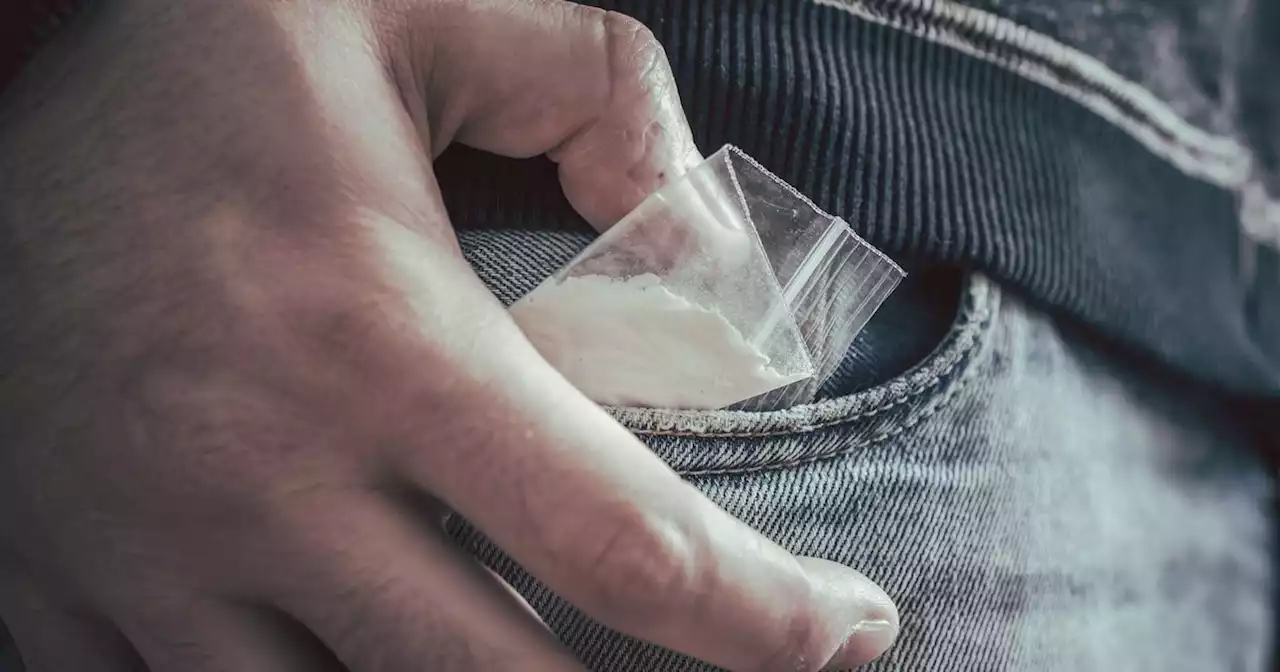Hunger really can make us feel 'hangry', study finds angliaruskin PLOSONE
to take place in participants' everyday environments, such as their workplace and at home.
Hunger was associated with 37% of the variance in irritability, 34% of the variance in anger and 38% of the variance in pleasure recorded by the participants. The research also found that the—irritability, anger, and unpleasantness—are caused by both day-to-day fluctuations in hunger, as well as residual levels of hunger measured by averages over the three-week period.
Ireland Latest News, Ireland Headlines
Similar News:You can also read news stories similar to this one that we have collected from other news sources.
 In preparation for power, America’s new right builds new institutionsThe movement inspired by Donald Trump entrenches itself in Washington, DC
In preparation for power, America’s new right builds new institutionsThe movement inspired by Donald Trump entrenches itself in Washington, DC
Read more »
 Climate change: Northern Ireland pupils to study new qualificationGCSE and A-level pupils in Northern Ireland can study for a new qualification in climatechange and environmental action from September Education_NI
Climate change: Northern Ireland pupils to study new qualificationGCSE and A-level pupils in Northern Ireland can study for a new qualification in climatechange and environmental action from September Education_NI
Read more »
 Connecticut Patient Had COVID for 471 Days, Evolved 3 New Lineages: StudyA Connecticut cancer patient was chronically infected with COVID-19 for at least 471 straight days, and during that time evolved at least three distinct lineages of the virus in their bloodstream, according to a new study from researchers at Yale. The report highlights the potential for immunocompromised people to serve as hosts for COVID’s evolution, much as South African scientists…
Connecticut Patient Had COVID for 471 Days, Evolved 3 New Lineages: StudyA Connecticut cancer patient was chronically infected with COVID-19 for at least 471 straight days, and during that time evolved at least three distinct lineages of the virus in their bloodstream, according to a new study from researchers at Yale. The report highlights the potential for immunocompromised people to serve as hosts for COVID’s evolution, much as South African scientists…
Read more »
 Three-legged ploughshare tortoise finds new life on rollersChester Zoo's new ploughshare tortoise Hope was rescued from smugglers and fitted with rollers.
Three-legged ploughshare tortoise finds new life on rollersChester Zoo's new ploughshare tortoise Hope was rescued from smugglers and fitted with rollers.
Read more »
 Phoebe Dynevor's new grunge-girl look leaves fans with questionsBridgerton star Phoebe Dynevor shocked fans with her latest grunge-girl hairstyle and abstract tattoos - and fans have so many questions about her skincare routine
Phoebe Dynevor's new grunge-girl look leaves fans with questionsBridgerton star Phoebe Dynevor shocked fans with her latest grunge-girl hairstyle and abstract tattoos - and fans have so many questions about her skincare routine
Read more »
 New Glasgow documentary warns Scotland is 'cocaine capital of the world'A new documentary by Vice as part of its High Society series investigates cocaine use in Glasgow, and it refers to Scotland as the 'cocaine capital of the world'
New Glasgow documentary warns Scotland is 'cocaine capital of the world'A new documentary by Vice as part of its High Society series investigates cocaine use in Glasgow, and it refers to Scotland as the 'cocaine capital of the world'
Read more »
